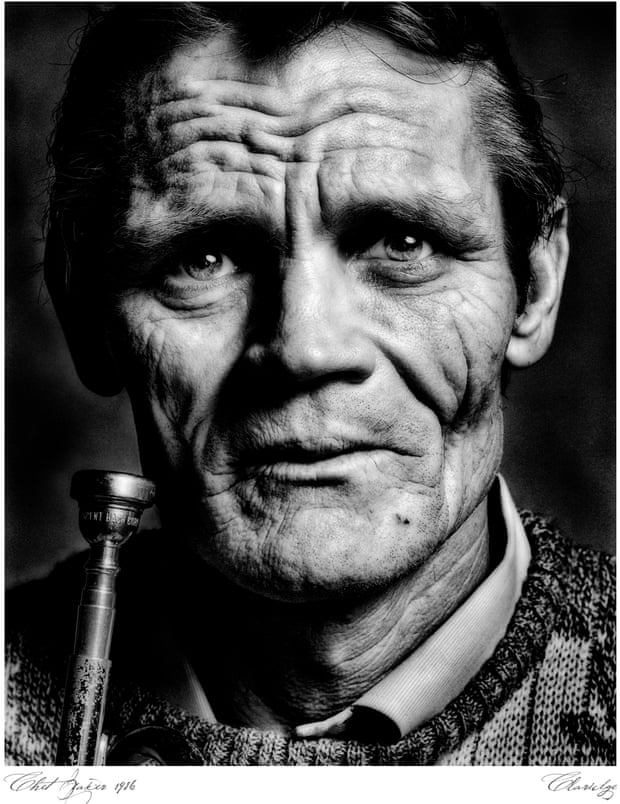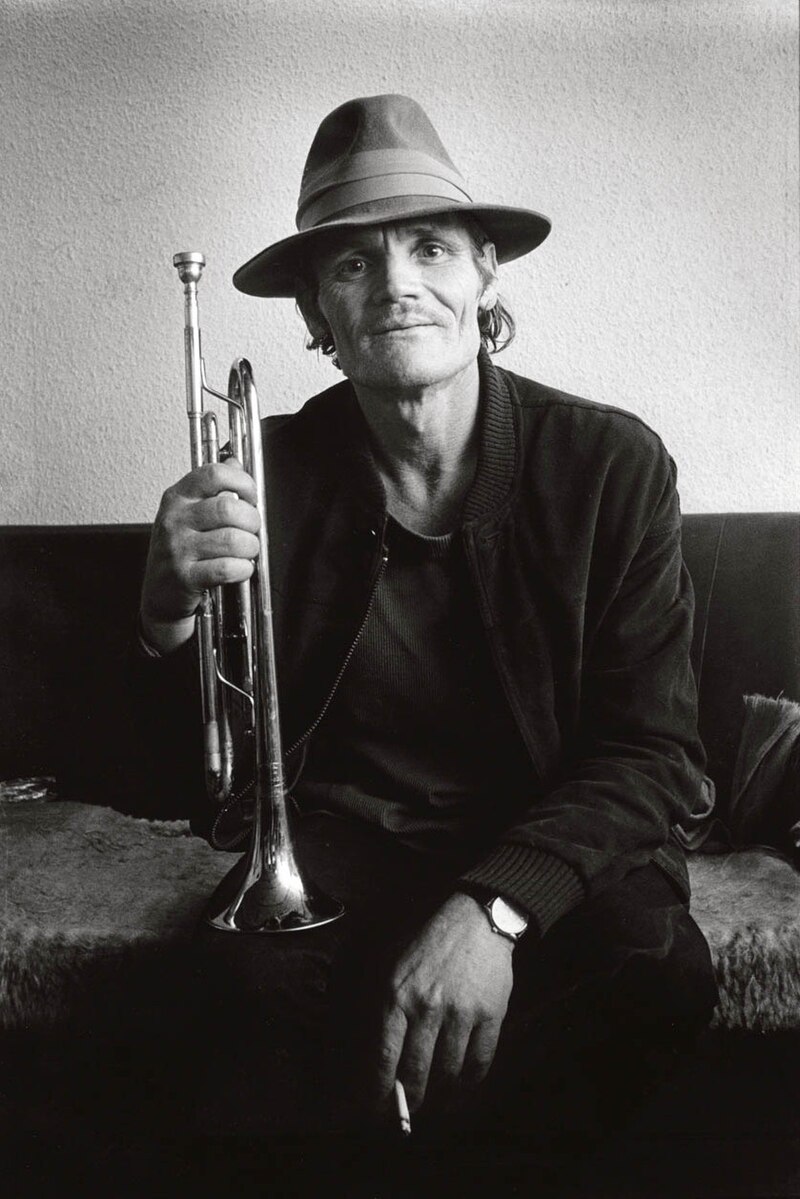Chet Baker: The Prince of Cool in the Jazz Realm
44

Chet Baker: The Prince of Cool in the Jazz Realm
Early Life and Musical Genesis (1929-1951)
- Musical Heritage: Chesney Henry "Chet" Baker Jr. was born on December 23, 1929, in Yale, Oklahoma. Raised in a musically rich environment, his father and mother were skilled musicians in Western swing and piano, respectively.
- Early Musical Influences: Baker's early exposure to music included singing in the church choir, inspired by his father's admiration for Jack Teagarden. He began experimenting with the trombone but soon transitioned to the trumpet at the age of 13.
Military Service and Jazz Exposure (1946-1951)
- Army Service: After enlisting in the U.S. Army at 16, Baker's musical journey continued in Berlin, Germany, where he explored modern jazz through artists like Dizzy Gillespie and Stan Kenton.
- Post-Army Life: Discharged in 1951, Baker pursued music education briefly, further fueled by the vibrant jazz scene in San Francisco.
Rise in the Jazz World (1952-1955)
- Collaboration with Gerry Mulligan: Baker's career soared when he joined the Gerry Mulligan Quartet in 1952. Their unique counterpoint style, especially showcased in "My Funny Valentine," became iconic.
- Post-Mulligan Era: After Mulligan's incarceration, Baker formed quartets and produced popular albums. His charm and talent earned him acclaim, surpassing jazz luminaries in readers' polls.
California Cool and European Sojourn (1955-1958)
- Symbol of California Cool: Baker's matinee-idol looks and magnetic persona made him a symbol of California cool. Despite Hollywood offers, he remained committed to his life as a traveling musician.
- European Tour: Baker's European tour in 1955 solidified his global presence. Despite challenges like the death of pianist Dick Twardzik, Baker continued to enchant audiences.
New York Collaborations and Scat Singing (1958)
- Collaborations in New York: Moving to New York City, Baker collaborated with Gerry Mulligan and Stan Getz, resulting in influential releases like "Reunion with Chet" and "Stan Meets Chet."
- Album "It Could Happen to You" (1958): This album showcased Baker's scat singing skills, marking a departure from his trumpet-centric works and highlighting his versatility.
Legacy and Impact
- Influence in Cool Jazz: Baker's contributions to cool jazz solidified his moniker as the "Prince of Cool." His fusion of trumpet and vocal prowess left an indelible mark on the jazz genre.
- Life's Struggles: Despite battling drug addiction and legal troubles, Baker's talent continued to captivate audiences, leading to a career resurgence in the late 1970s and 1980s.

Chet Baker's life encapsulates the dichotomy of musical brilliance and personal challenges, leaving an enduring legacy in the annals of jazz history. His influence as a trumpeter, vocalist, and symbol of cool jazz continues to resonate, making him an immortal figure in the world of jazz.
References;
- "Chet Baker". Jazz Discography Project. Archived from the original on May 14, 2017. Retrieved December 18, 2013.
- Ruhlmann, William. "Chet Baker". AllMusic. Retrieved November 13, 2015.
- Carr, Roy (December 2, 2004). "A century of jazz". London : Hamlyn – via Internet Archive.
- Gelly, Dave (2000). Icons of Jazz: A History in Photographs, 1900–2000 (North American ed.). San Diego, California: Thunder Bay Press. ISBN 1-57145-268-0.
- Leland, John (October 5, 2004), Hip: The History, HarperCollins, pp. 265–, ISBN 978-0-06-052817-1, retrieved November 13, 2015
- Gioia, Ted (1998). West Coast Jazz: Modern Jazz in California, 1945-1960. University of California Press. ISBN 9780520217294.
- Gavin, James (2011). Deep in a Dream: The Long Night of Chet Baker. Chicago Review Press. ISBN 9781569767573.
- "Chet Baker | Biography & History". AllMusic. Retrieved March 15, 2021.
- Valk, Jeroen de (2000). Chet Baker: His Life and Music. Berkeley Hills Books. ISBN 9789463381987.








































